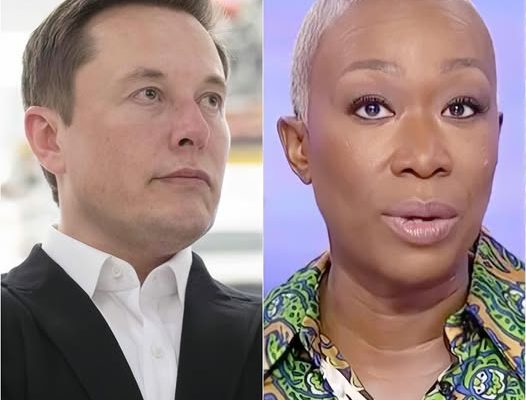Elon Musk, the billionaire entrepreneur and CEO of Tesla and SpaceX, has once again captured headlines by announcing his intention to acquire MSNBC. This groundbreaking revelation has sent ripples through both the media and corporate worlds, as Musk’s influence continues to expand beyond technology and space exploration. What adds more fuel to the fire is Musk’s bold four-word statement accompanying the announcement: “End the toxic culture.” With this declaration, Musk has sparked debates about the role of media, accountability, and his potential plans for the network.
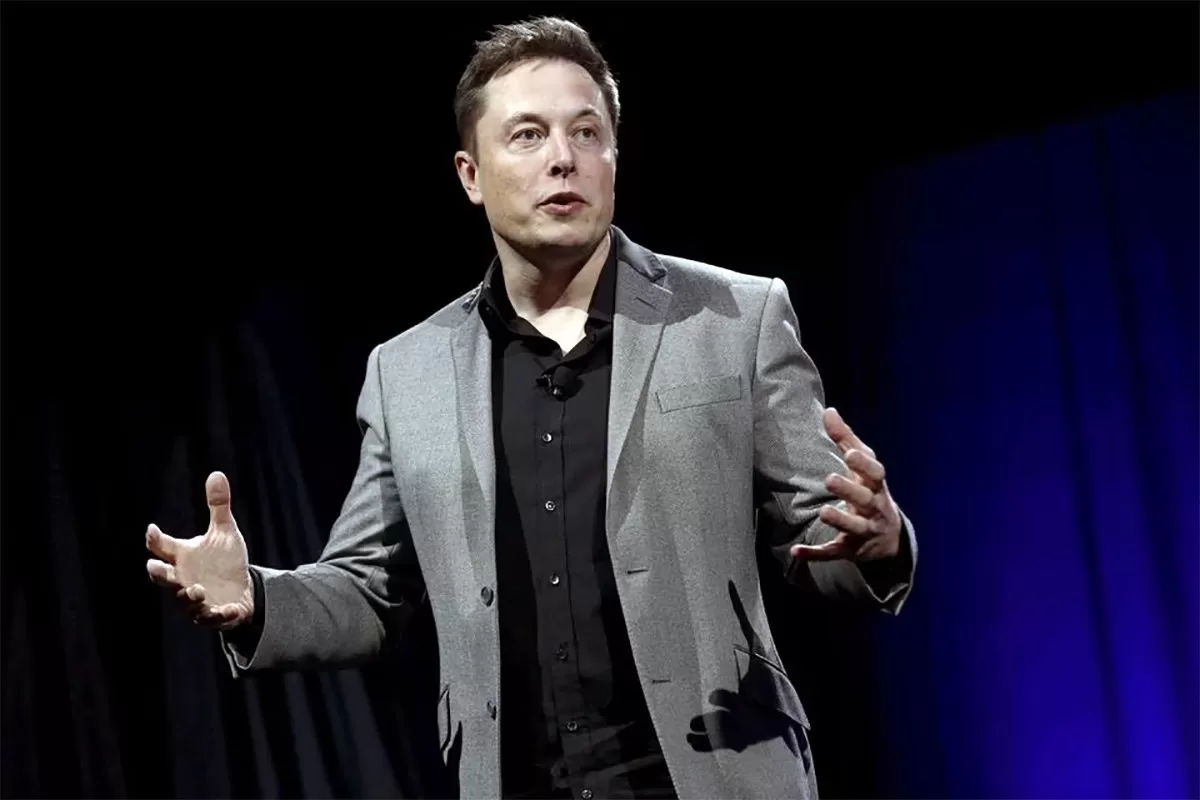
The news broke in a manner characteristic of Musk—a single tweet that left the internet buzzing. “Negotiating the deal to acquire MSNBC. Time to end the toxic culture,” Musk wrote, creating a storm of reactions from his 140 million followers and beyond. The statement was soon followed by another controversial proclamation: his intention to remove Joy Reid from her position, citing her as a symbol of the network’s alleged toxicity. These declarations have not only ignited conversations around media practices but also raised questions about Musk’s long-term intentions for MSNBC.
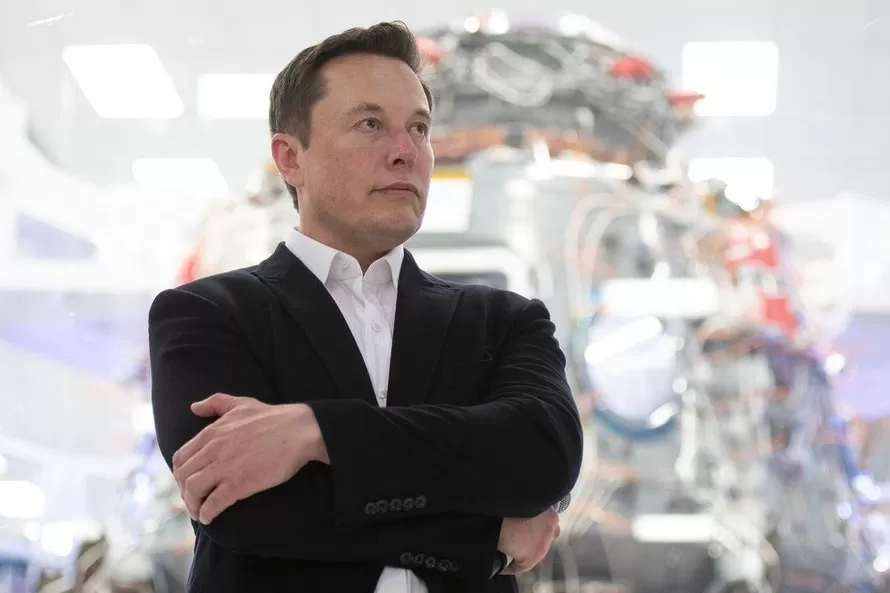
Musk’s interest in MSNBC is not entirely surprising, given his increasing forays into industries that intersect with public opinion and media. After his acquisition of Twitter in 2022, many speculated that he might venture further into mainstream media to challenge the status quo. MSNBC, known for its progressive leanings and outspoken hosts, represents a unique target for Musk’s disruptive ambitions. By seeking to purchase the network, Musk appears to be signaling a desire to reshape how information is presented to the public.
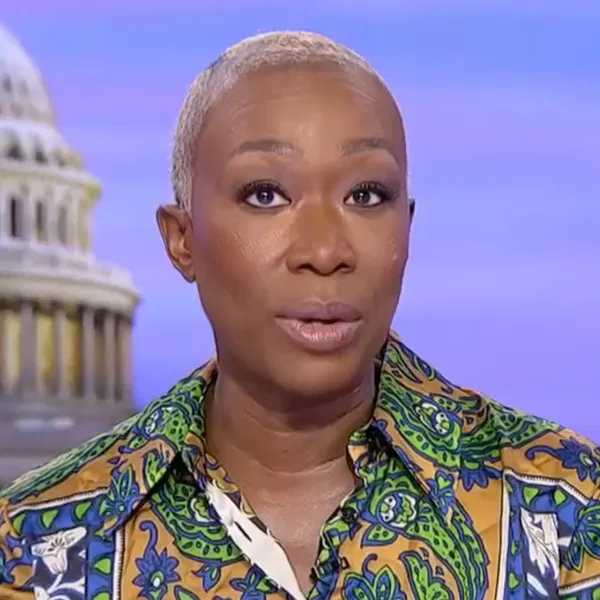
Critics, however, have been quick to raise concerns. Media analysts argue that Musk’s purchase of MSNBC could lead to a concentration of power in a single individual, undermining journalistic independence. Others view this move as an attempt by Musk to stifle dissenting voices, especially given his history of clashing with journalists and commentators who critique his business practices. The prospect of Musk owning a major news network has intensified discussions about media ethics, free speech, and the implications of billionaire ownership.
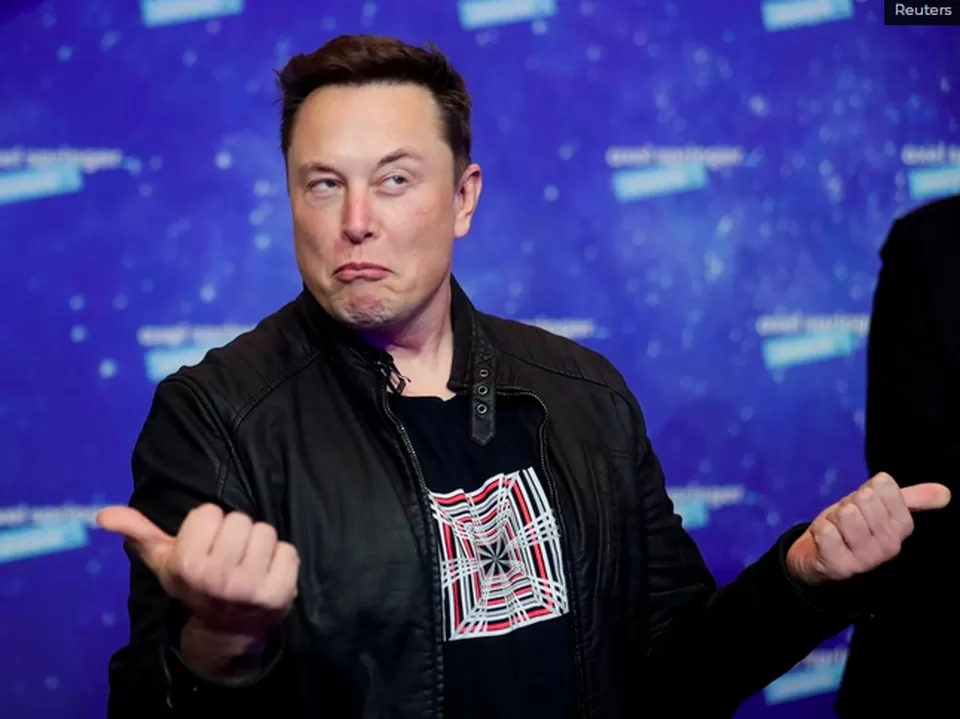
Joy Reid’s position at MSNBC has long been polarizing. As one of the network’s most prominent anchors, Reid has cultivated a reputation for sharp commentary and unapologetic opinions on issues ranging from race to politics. For Musk, Reid’s style of journalism epitomizes the “toxic culture” he aims to dismantle. While Musk’s critics see this as a personal vendetta, his supporters argue that removing Reid could pave the way for a more balanced and inclusive dialogue on MSNBC.
The broader implications of Musk’s move extend far beyond MSNBC’s corporate offices. By declaring his intent to “end the toxic culture,” Musk has tapped into a widespread frustration with media polarization. Many Americans view mainstream media as increasingly biased, with networks catering to ideological echo chambers rather than fostering constructive discourse. Musk’s promise to overhaul MSNBC could resonate with those who believe that the media industry is overdue for reform.
Financially, acquiring MSNBC would be a significant undertaking, even for someone with Musk’s resources. The network’s parent company, Comcast, has yet to comment on the potential deal, and industry insiders speculate that negotiations could hinge on a multibillion-dollar valuation. Musk’s recent ventures, including the purchase of Twitter and ongoing investments in Tesla and SpaceX, raise questions about how he plans to finance this ambitious acquisition. However, given Musk’s track record of navigating complex deals, few doubt his ability to secure the necessary funding.
Beyond the financial and logistical challenges, Musk’s plan to reshape MSNBC will likely face resistance from within the network itself. Employees and stakeholders may view his proposed changes as a threat to the network’s identity and editorial direction. Moreover, Musk’s outspoken and polarizing persona could alienate some of MSNBC’s core audience. Balancing his vision for reform with the expectations of viewers and staff will be a critical test of Musk’s leadership and strategic acumen.
Supporters of Musk’s vision argue that his track record as a disruptor makes him uniquely qualified to transform the media landscape. They point to his success in revolutionizing the electric vehicle and space industries as evidence of his ability to tackle entrenched systems. For these advocates, Musk’s acquisition of MSNBC represents an opportunity to challenge the status quo and foster a more open and accountable media environment.
However, skeptics warn that Musk’s ownership could exacerbate existing problems rather than resolve them. They question whether a single individual, no matter how innovative or well-intentioned, should wield such influence over a major news network. The potential for conflicts of interest is another concern, particularly if Musk’s business ventures become subjects of media coverage. Critics also highlight Musk’s sometimes erratic behavior on social media as a potential liability, arguing that it could undermine the credibility of MSNBC under his stewardship.
The timeline for the acquisition remains unclear, as does Musk’s specific vision for the network’s future. Will he transform MSNBC into a platform for balanced journalism, or will it become another battleground in the culture wars? These unanswered questions add to the intrigue surrounding the deal, keeping audiences and industry observers on edge. For now, all eyes are on Musk and his next move, as the world waits to see whether he can deliver on his promise to “end the toxic culture” or if this bold endeavor will become another chapter in his controversial legacy.
In conclusion, Elon Musk’s bid to acquire MSNBC represents a pivotal moment in the intersection of media, business, and technology. His bold declaration to dismantle the network’s perceived toxicity has sparked debates about the future of journalism, media ethics, and the role of billionaires in shaping public discourse. As negotiations unfold and the world watches, one thing is certain: Musk’s latest venture will continue to captivate and polarize audiences, solidifying his reputation as one of the most influential and divisive figures of our time.
